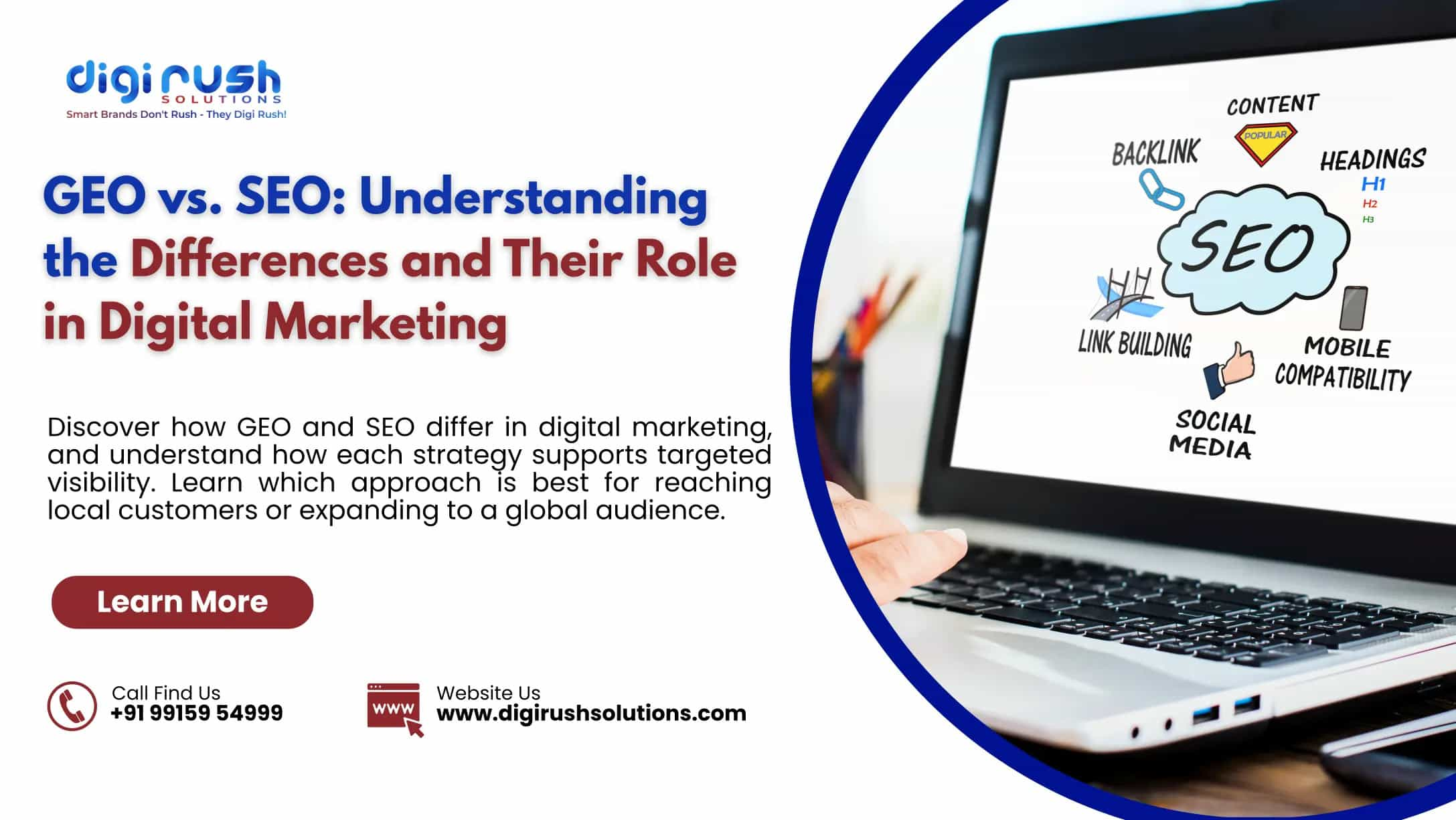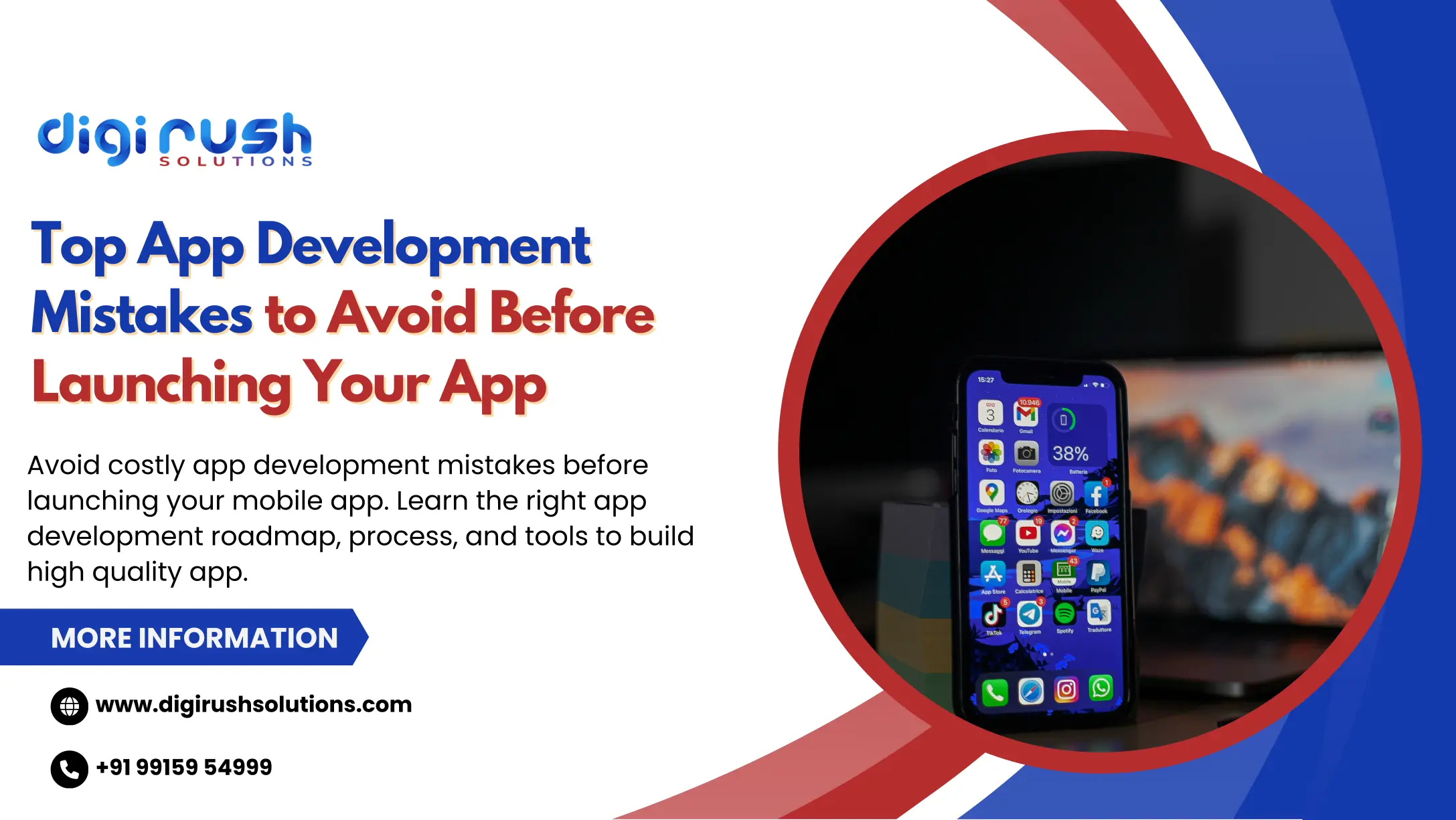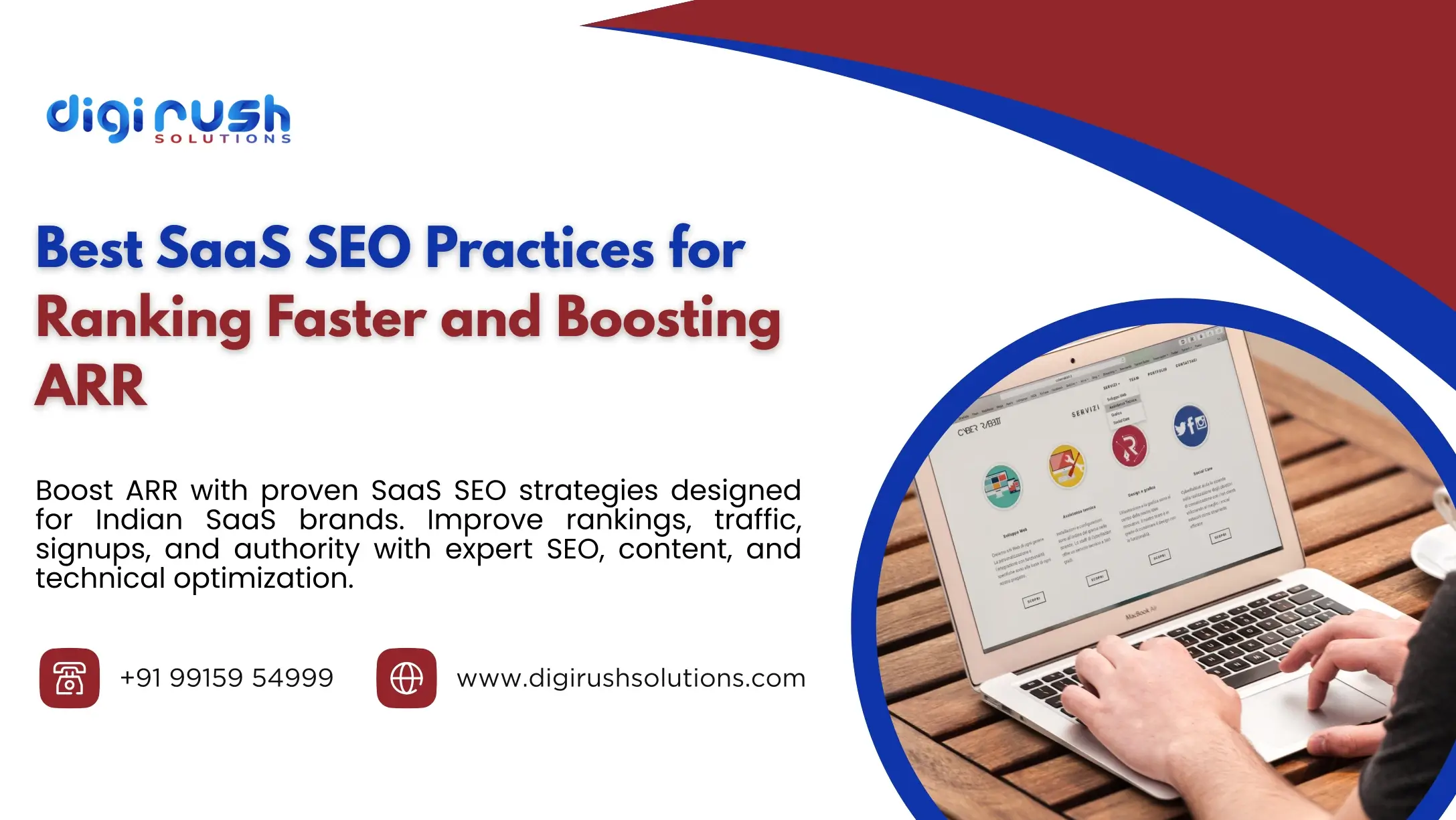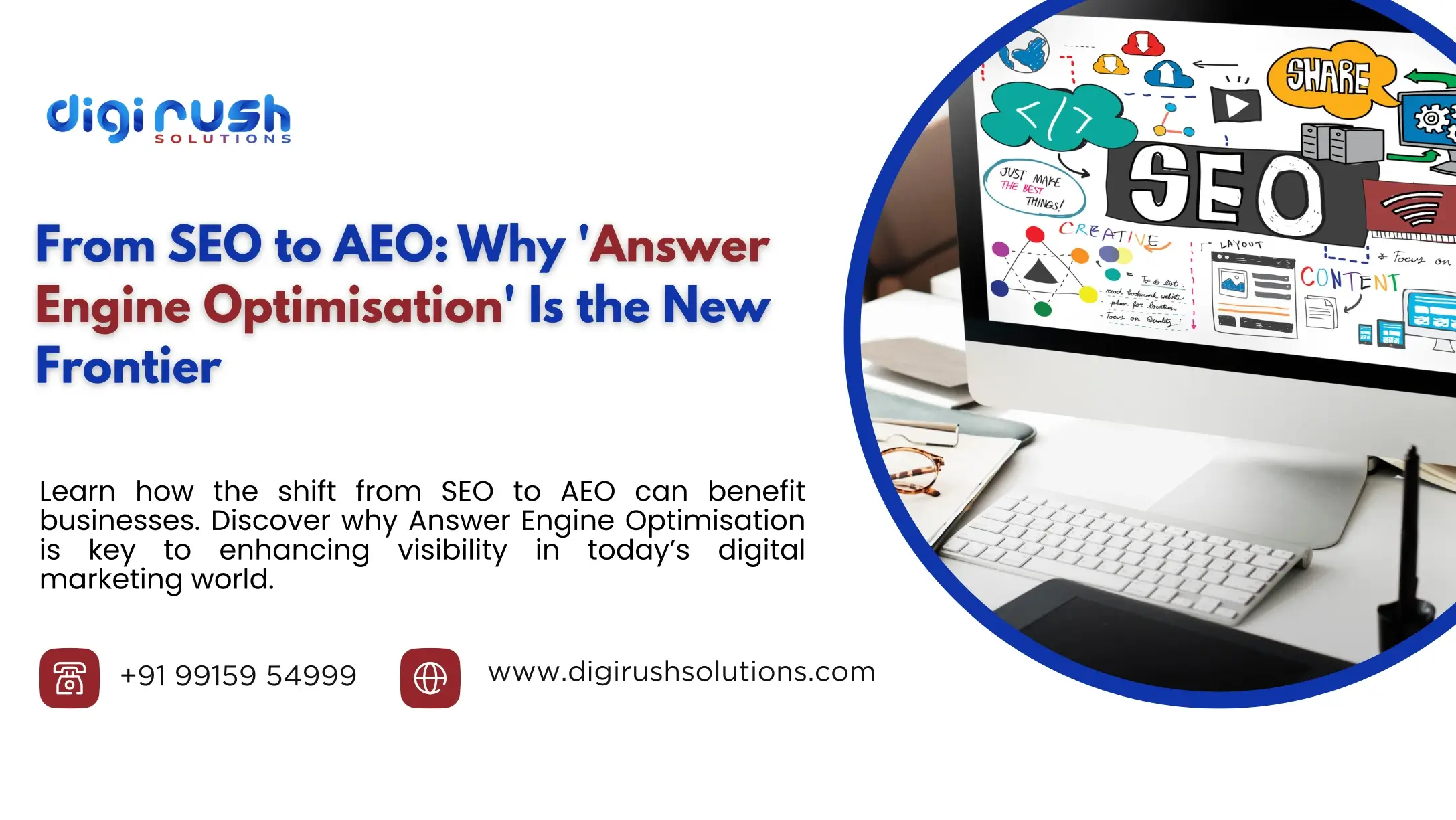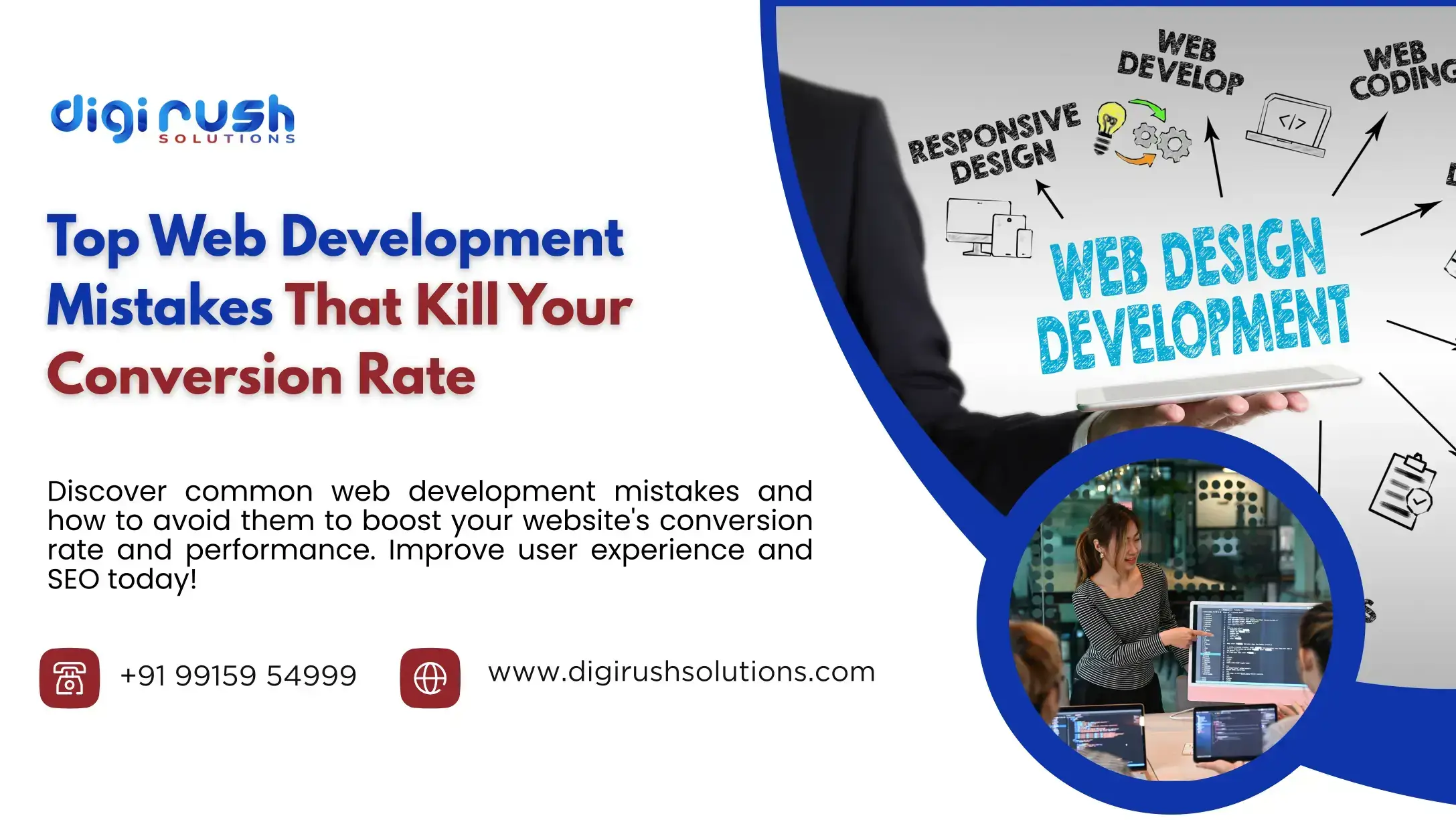
SEO (Search Engine Optimization) has been the backbone of digital marketing for years. However, many question its relevance with the rise of AI-driven search engines, voice search, and shifting user patterns. In 2025, a raging debate is whether SEO is dead or just changing into something.
The Origins of "SEO is Dead"
The term "SEO is dead" is not new. It has been in the air for over a decade, usually surfacing when Google announces a significant algorithm update. Every time, companies and marketers are concerned about ranking changes, penalties, or the growing sophistication of SEO. Yet, despite these changes, SEO has continued to be vital in digital marketing.
Why People Think SEO is Dead in 2025
1. Google's AI Overviews and Zero-Click Searches
Google's AI-powered search results have greatly minimized users' need to click on websites. AI-powered overviews offer direct answers, meaning fewer visitors are on actual web pages. This has rendered conventional SEO techniques less efficient, including keyword optimization and backlinking.
2. Declining Organic Click-Through Rates (CTR)
As Google and other search engines prioritize AI summaries, featured snippets, and knowledge panels, the number of users clicking on organic search results has declined. Many websites have seen a drop in SEO-driven organic traffic, leading them to question the viability of SEO services in their traditional form. As search algorithms evolve, businesses must adapt their SEO strategies and invest in modern SEO services to stay visible and competitive in the changing digital landscape.
3. The Rise of AI-Generated Content
Artificial intelligence tools like ChatGPT and Google's Bard simplify and accelerate content creation. Simultaneously, they add to content overload, making it more difficult for original, quality content to get noticed. Search engines now prioritize expertise, authoritativeness, and trustworthiness (E-E-A-T), so AI-created content will no longer suffice to rank high.
4. Shift Towards Voice and Visual Search
More users will be making queries via voice assistants such as Siri, Google Assistant, and Alexa in 2025. Moreover, Google Lens and other visual search technologies are going mainstream. Old text-based keyword optimization doesn't apply similarly to these search forms, causing some to assume that SEO is going out of fashion.
5. Increased Pay-to-Play Model
Google Ads and paid ads are taking over search engine results pages (SERPs). With declining organic reach, companies are being compelled to spend more on paid ads to remain visible. This change makes it appear that SEO no longer works for traffic without an ad budget.
Is SEO Dead, or Is It Evolving?
Although traditional SEO strategies may not be as effective as they were, SEO is hardly gone. Instead, it is adapting to new search engine technologies and user patterns. Here's how SEO is changing in 2025:
1. Focus on User Experience (UX) and Core Web Vitals
Google now favors websites that deliver an excellent user experience. Page loading speed, mobile usability, and interactivity have become critical ranking factors. Companies optimizing their sites for UX are continuing to experience healthy organic performance.
2. Adapting to AI and Semantic Search
Instead of matching keywords, new SEO involves comprehension of search intent and content planning. AI-based search engines depend on natural language processing (NLP) to assess; thus, high-quality, informative content remains the key.
3. The Importance of Video and Multimedia Content
Video content, especially YouTube SEO, has become a strong player in search rankings. Sites incorporating videos, images, and interactive features fare better than text-only content sites.
4. Local and Hyper-Personalized Search Optimization
With AI-powered personalization, search engines now provide results based on user behavior, location, and interest. Companies optimizing for local SEO, Google My Business, and hyper-personalized content are doing well despite organic search trend shifts.
5. Building Brand Authority and Trust
SEO in 2025 involves building credibility, not merely ranking for words. Sites with high E-E-A-T signals (Experience, Expertise, Authoritativeness, and Trustworthiness) rank better. Guest posting, digital PR, and influencer partnerships aid in building brand authority.
Should Businesses Still Invest in SEO?
Yes, Businesses should continue to invest in SEO—but with a new strategy. The trick is to evolve with the shifting digital environment. Rather than depending on old-school strategy, companies need to concentrate on:
- Producing high-quality, engaging, and AI-friendly content
- Enhancing user experience and technical SEO
- Diversifying content formats (videos, podcasts, infographics)
The Future of SEO: What to Expect Beyond 2025
SEO will continue evolving as search engines become more competent. Here are some trends to watch:
- AI-Powered Content Optimization: AI tools will assist in creating better-optimized content, but human expertise will remain crucial.
- Blockchain and Decentralized Search Engines: Emerging technologies may reduce dependency on traditional search engines.
- Augmented Reality (AR) and SEO: AR-based search experiences could introduce new ways for users to interact with content.
Continued Focus on Personalization: Search results will become more tailored to individual users.
Conclusion
SEO is not dead in 2025—it has merely evolved. The era of depending on keyword optimization and backlinks is gone. Instead, companies must pay attention to user experience, AI-based content marketing, and multi-format digital marketing. Those who evolve will still prosper in the changing search ecosystem. Investing in the best SEO services in India can also make companies competitive by executing cutting-edge tactics.
Recent Blog





